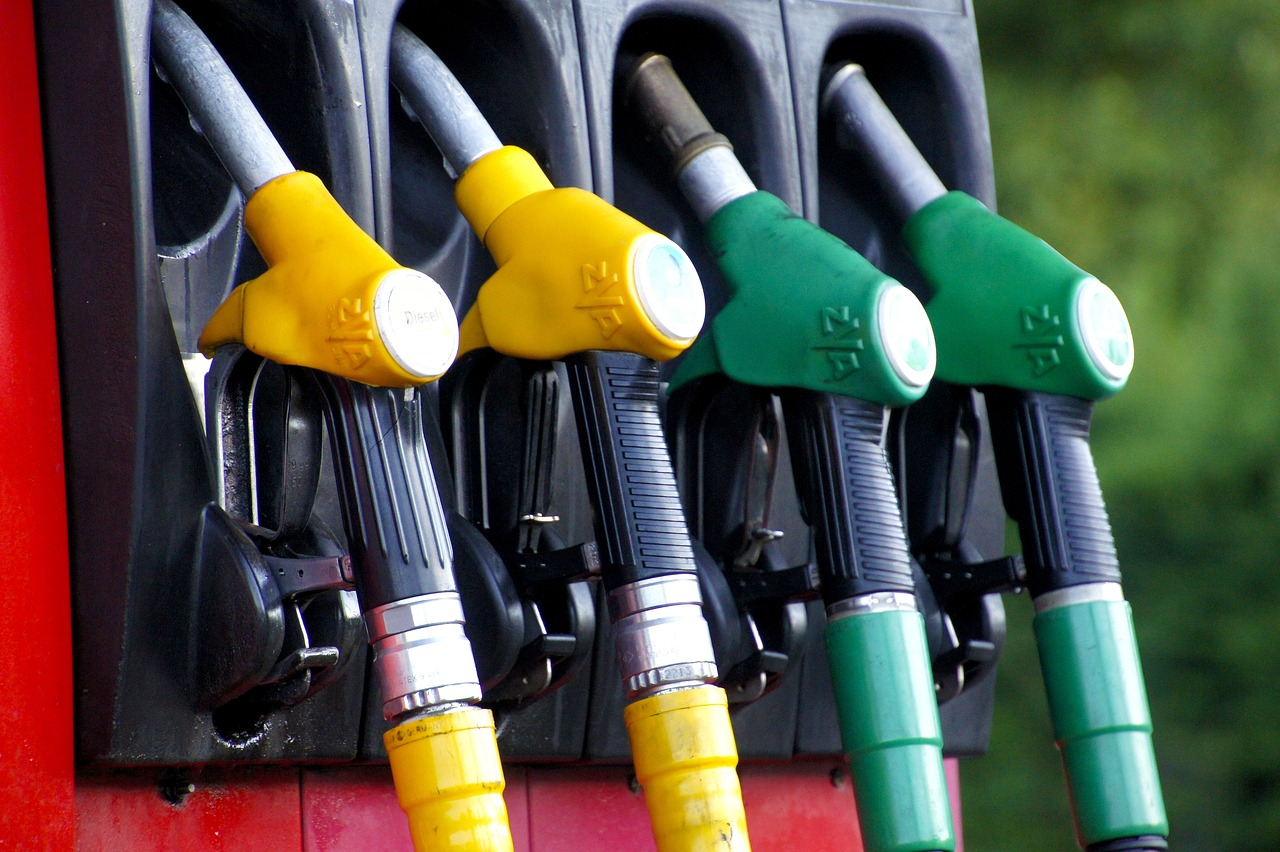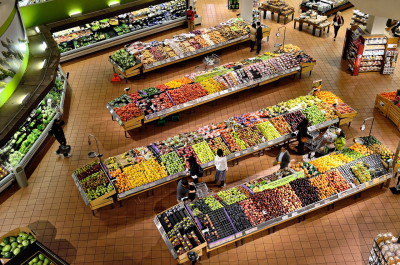Current gas prices in canada
On September 6, 2024, the national average price for a litre of gasoline in Canada was $1.49, compared to $1.71 on the same day in 2023, according to Gas Wizard, a platform that tracks gas prices. This decrease of 22 cents per litre has been a relief for drivers who are feeling the impact of inflation on other consumer goods. According to Dan McTeague, president of Canadians for Affordable Energy and the operator of Gas Wizard, several factors have contributed to this noticeable reduction in gas prices. He explains that the cost of crude oil, which is a major component in the production of gasoline, plays a significant role in determining fuel prices.
McTeague points out that a 191-litre barrel of crude oil typically yields about 90 litres of gasoline. This direct relationship between crude oil prices and gas prices means that even a small reduction in oil prices can have a noticeable impact at the pump. "That $20 is pretty significant," McTeague noted, highlighting how fluctuations in crude oil prices affect consumers.
Factors influencing the price drop
One of the primary reasons for the current decline in gas prices is the absence of severe geopolitical or weather-related events that could disrupt supply. According to McTeague, the energy markets have not seen a surge in demand, and there are no immediate concerns about oil supply shortages. This relative stability has contributed to keeping gas prices lower than in previous years.
Additionally, McTeague emphasizes that both China and the United States have been less focused on traditional supply and demand fundamentals in recent months. Instead, these global economic powerhouses are paying more attention to factors such as interest rates and the possibility of an economic slowdown. These concerns have tempered any upward pressure on oil prices, which in turn helps to keep gas prices stable.
Expert opinions on the sustainability of low prices
Despite the current dip in gas prices, some experts are cautious about predicting long-term relief for consumers. Ian Lee, an associate professor of business at Carleton University in Ottawa, notes that the energy industry is always closely monitoring crude oil prices. Any significant changes in the price of crude can lead to shifts in gas prices, and companies within the industry will quickly respond to fluctuations.
Governments also play a role in how fuel prices evolve. Lee mentions that the variability in crude prices is already factored into governmental budgetary planning. Therefore, a temporary dip in gas prices may not have an immediate impact on the broader economy or lead to drastic actions such as workforce reductions within the energy sector.
Moshe Lander, an economics professor at Concordia University in Montreal, offers a more cautious perspective. He warns that the current reprieve in gas prices might be short-lived. "Drivers may enjoy savings now, but they may be short-lived," Lander says. He explains that certain regions in Canada, such as Atlantic Canada and Alberta, rely heavily on heating oil and natural gas for home energy needs. As winter approaches, these regions may see the temporary savings at the gas pump offset by increased heating costs.
Lander also points to the transition from the summer blend of gasoline to the winter blend, which will likely result in a further drop in gas prices by around six cents per litre. While this seasonal shift will offer short-term relief, Lander believes that any savings could be easily "clawed back" by early winter heating costs.
Looking ahead: will gas prices stay low?
The decline in gas prices is welcome news for drivers, but the question remains whether this trend will continue. The current stability in oil markets, combined with a lack of significant geopolitical events, has helped to keep prices in check. However, experts like McTeague and Lander caution that this situation could change quickly if global demand for oil increases or if unforeseen disruptions occur.
As the world navigates uncertain economic conditions, many drivers will continue to monitor gas prices closely. While the immediate outlook suggests that prices will remain relatively low, the long-term trajectory is far less certain. Governments and energy companies alike are preparing for potential changes in the market, which could result in higher prices in the near future.
source: CTV News


 Are you thinking about investing in real estate in Albania? Looking for a safe and profitable opportunity? Balfin Real Estate
Are you thinking about investing in real estate in Albania? Looking for a safe and profitable opportunity? Balfin Real Estate The issue of tariffs has gained significant attention in Canada following months of warnings from U.S. President Donald Trump. Tariffs
The issue of tariffs has gained significant attention in Canada following months of warnings from U.S. President Donald Trump. Tariffs The Canadian government has taken decisive action following new U.S. tariffs. Prime Minister Justin Trudeau announced immediate countermeasures after President
The Canadian government has taken decisive action following new U.S. tariffs. Prime Minister Justin Trudeau announced immediate countermeasures after President

